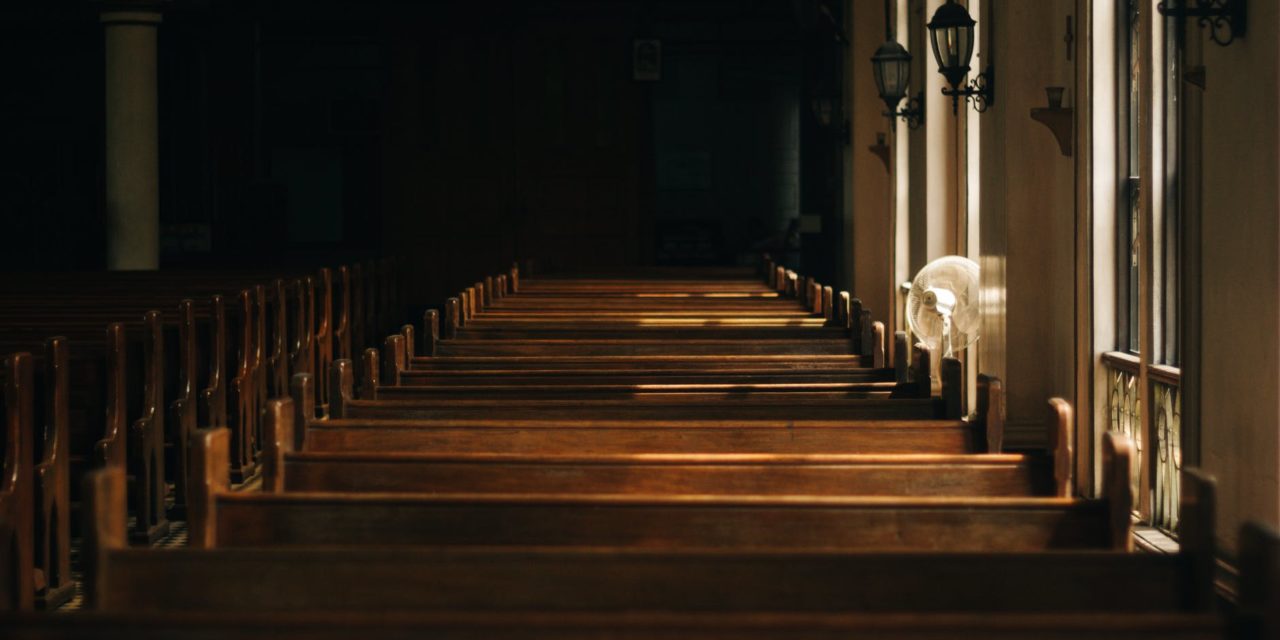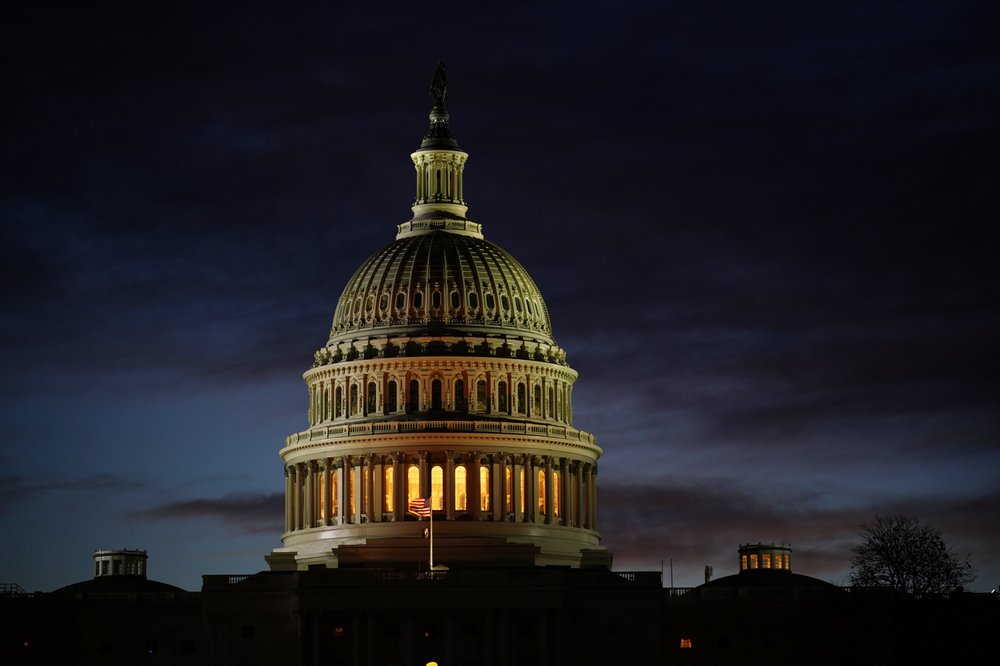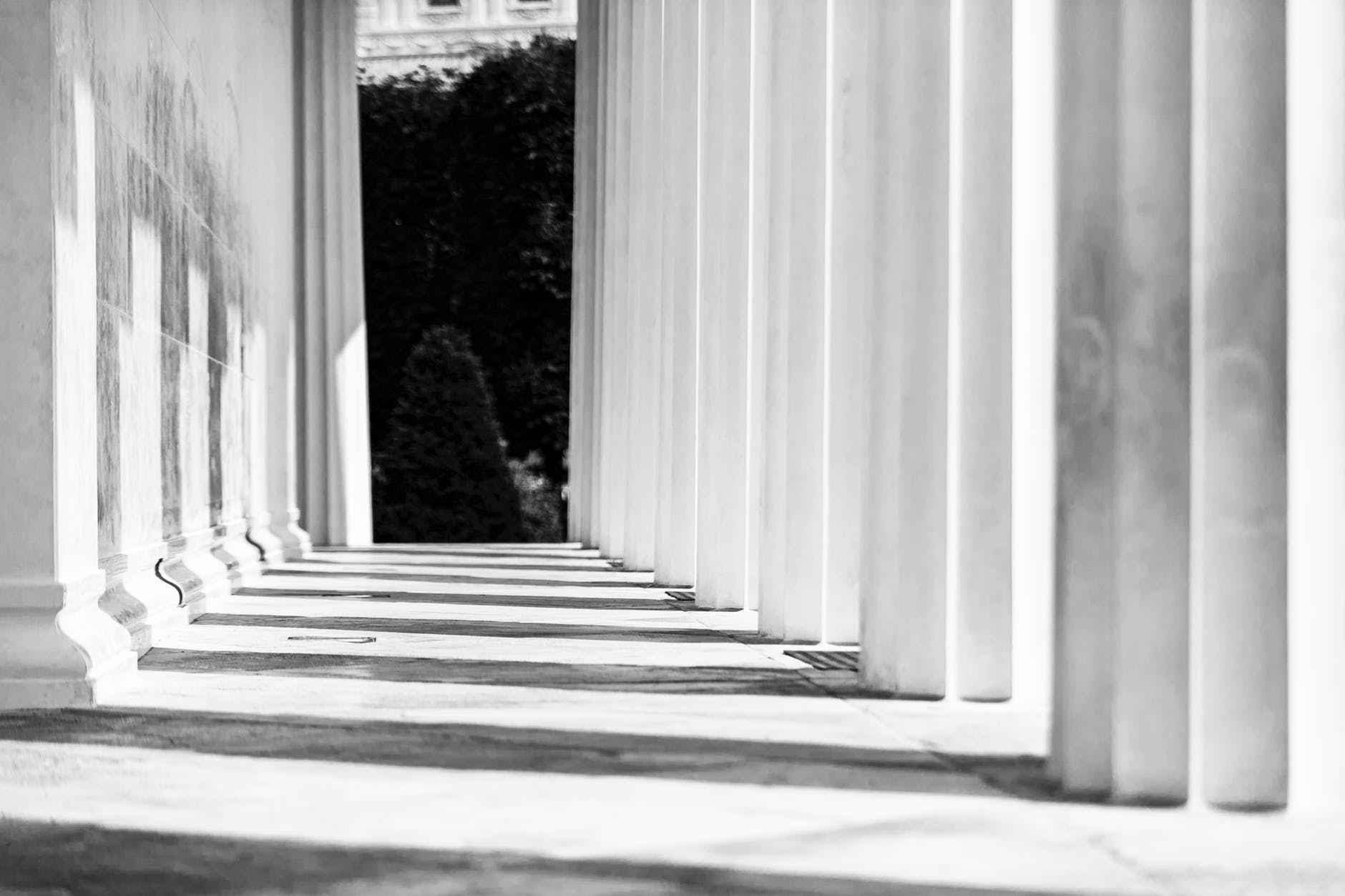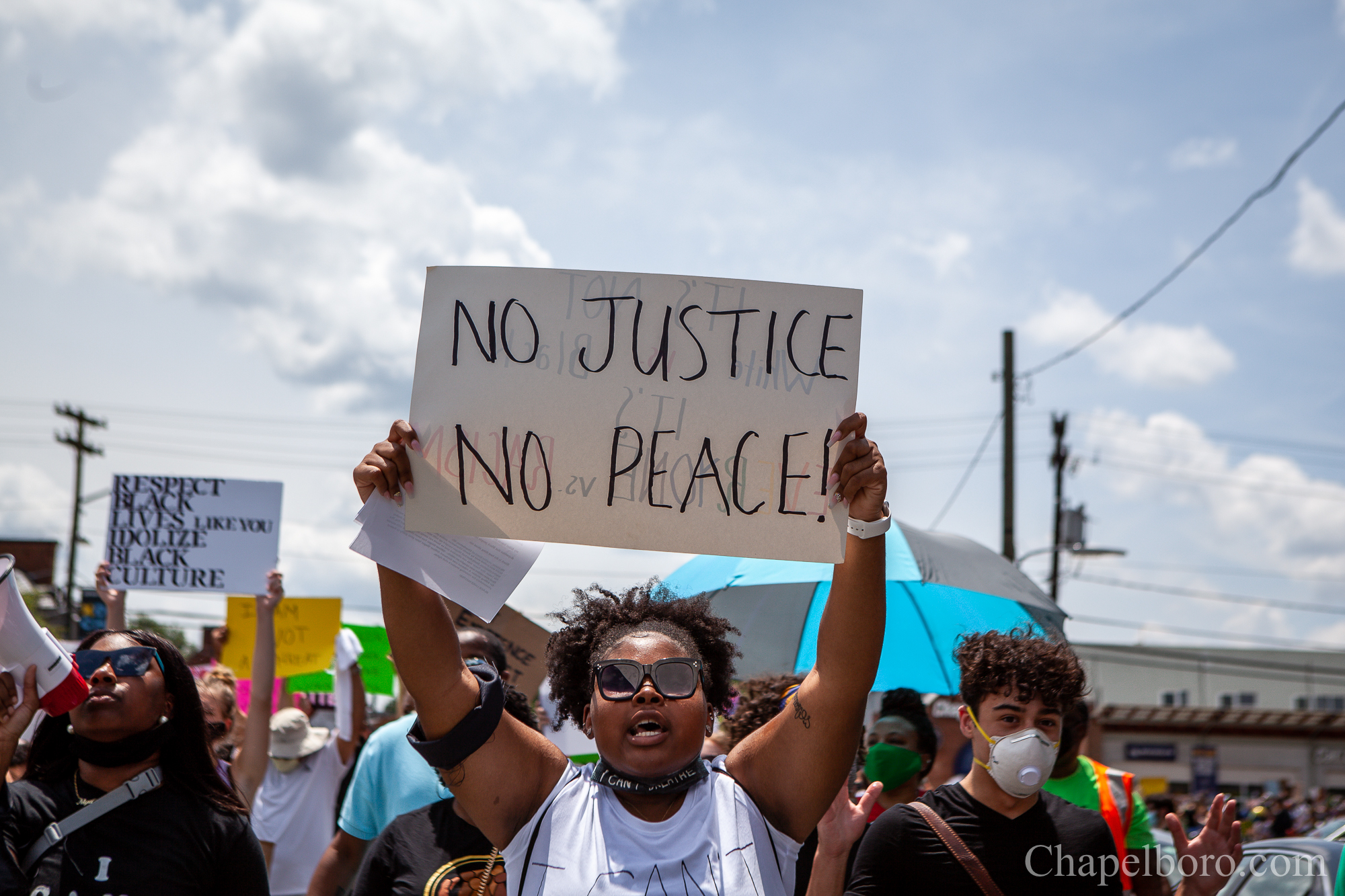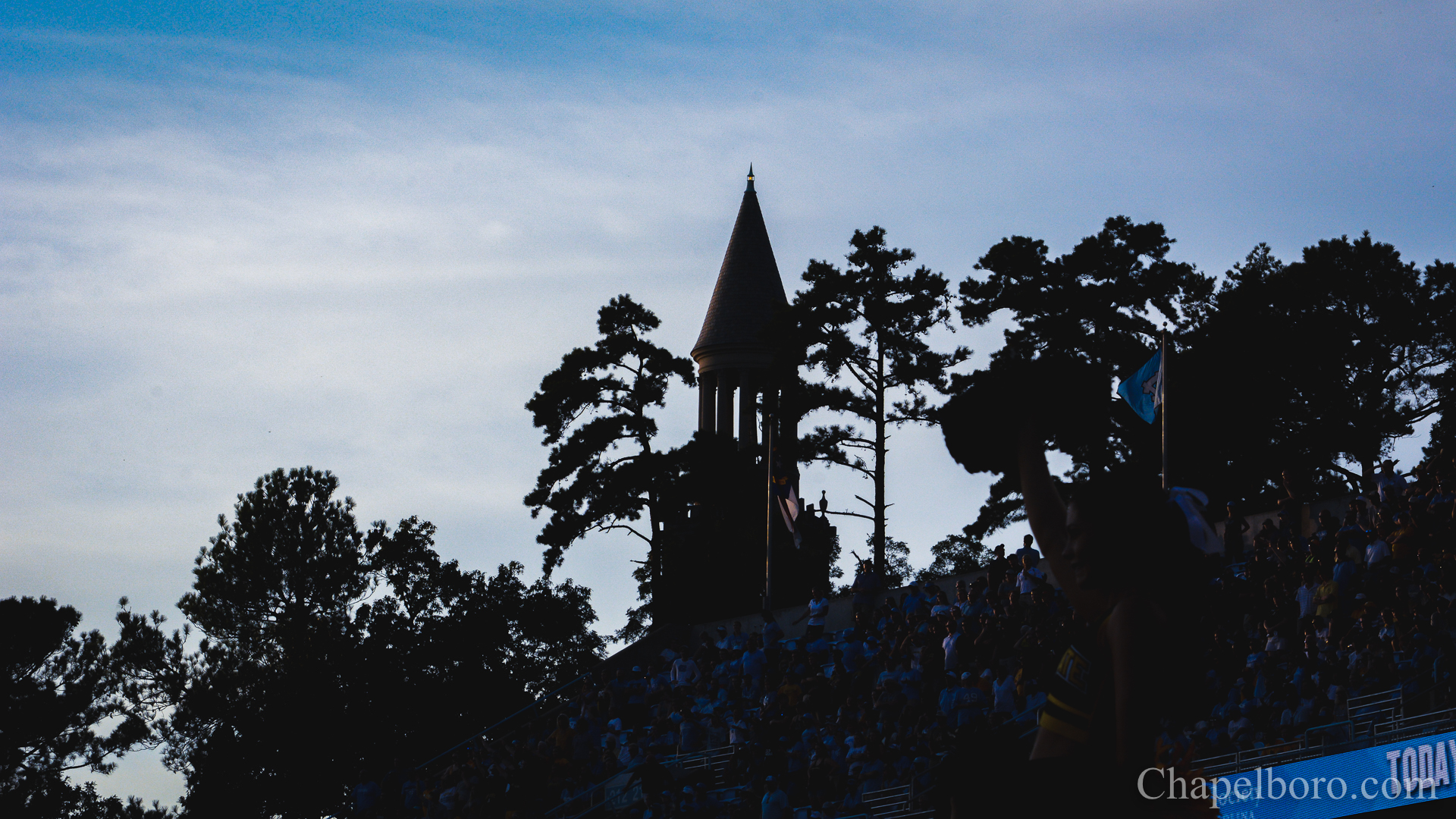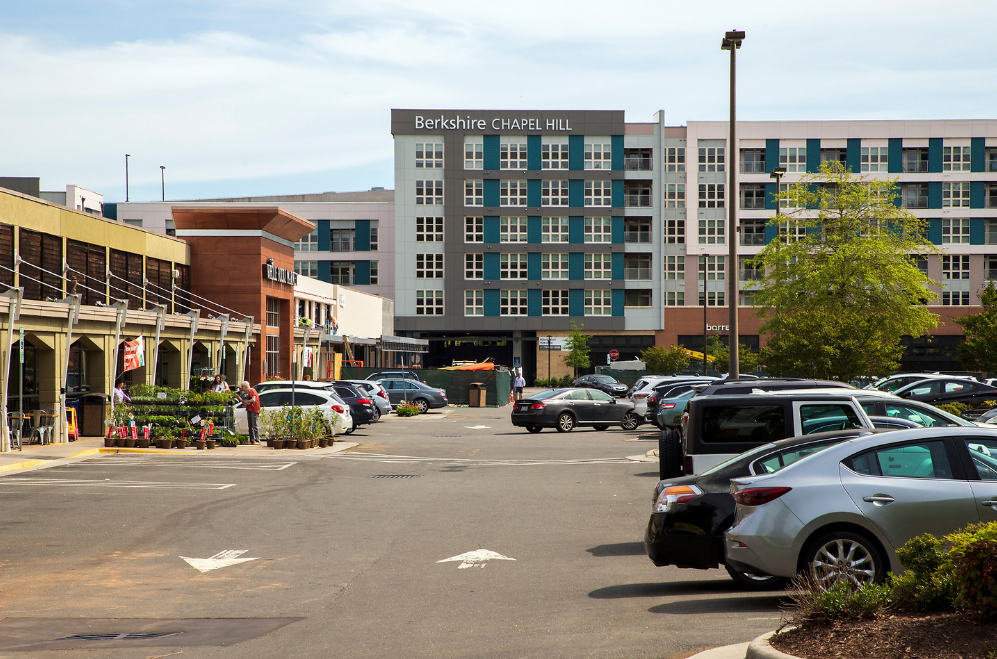“The church must be reminded that it is not the master or the servant of the state, but rather the conscience of the state. It must be the guide and the critic of the state, and never its tool. If the church does not recapture its prophetic zeal, it will become an irrelevant social club without moral or spiritual authority.” ― Martin Luther King, Jr.
One of the most triggering words to hear in the labor market for a Black person seeking belonging and appreciation is “fit.” It’s that f* word, stated by a person with positional power, that causes one to question belonging in an organization that on paper usually seems to state a strong desire to have a diverse and inclusive community.
“You have to fit in to be successful here.” When management mentions the importance of fit, the red flags often go up because the translation means you are different — abnormal, and possibly non-conforming. It’s doubly troubling and disturbing to find yourself wondering about your fit in a faith center. Welcome to life for a Black person as a member of a historical White Christian church in Chapel Hill. My life.
King Holiday. Black History Month. I’m especially reminded each year at this time of all that defines and makes me Black. My African ancestors. The African American scholars, community activists, artists and social justice leaders who struggled and fought to eliminate racism and the structural barriers to access and equitable experiences in all systems and institutions in the United States. And yet, the place where I should find the most comfort, inspiration, guidance and peace should be my own church. Sadly, my sacred center in this rather politically moderate town has become an empty vessel that seemingly is wrestling with its own complicity and understanding of religious racism within its own walls.
It should not be a surprise to you that denial and dismissal of racial realities exists in the Christian church. Historians note that the church is the originator of the movement to separate and mistreat non-Christian peoples. In the 15th century, the Catholic church’s Doctrines of Discovery outlined a very clear directive to Portuguese and Spanish explorers: to go forth and conquer the rest of the world with no consequences for their violence against those who didn’t fit the master plan. That meant death, if necessary. The United States quietly adopted this calling in policy and culture, and we see the side effects across our history: murder in the name of God. Manifest Destiny. The conviction that White man has power and dominion over all life forms. As a racial equity educator, I have examined the evolution of this immoral spirit over hundreds of years to its current form. Our national and local religious leaders still use their position, influence, and theological frameworks to keep people divided, confused, and complacent about the insidiousness of racism within their own churches. Examine, question, and measure what goes on outside of your spiritual home — but not within.
Over the past year under a new head of church, I’ve heard more discussions, sermons, and scriptural references to equality and equity that should make us the model religious body for eliminating institutional racism here in Chapel Hill. My denomination was in the forefront of the anti-slavery movement and the Civil Rights movement, and currently offers guided racial history curriculum and conversations instruction. Four years ago, my local church approved a Racial Truth Justice and Reconciliation Covenant that was researched and written by a faithful group of racially diverse racial justice activists. Our church is filled with bright, well-meaning and caring minds who are blessed with a library stocked with resources and access to reports and data. And yet, today we struggle mightily with the reality that we haven’t addressed the racism that keeps us locked in a charity-mentality of service to people of color, a protector of white culture, and stifling church tradition. And we call ourselves progressive! Over the past year pastoral blogs, committee and ministry meetings, a comprehensive failed strategic planning effort and vision statement, and pulpit messages that seemingly comfort those who live with the earned and unearned guilt of racism have become the modus operandi for our church’s way of life. The clincher is that everyone is expected to fit into this way of being.
Dr. King questioned the nature of churches that do not put faith into action. Insomuch, the church becomes a building that just hosts family and friends. The coffee is hot, the fellowship is warm and engaging, and hearty conversations that allow members to chat about life’s adventures over the past week prevail. A group of believers socializing on Sunday morning about the ball game, choir practice, parking on Franklin Street, and planning for a child’s busy schedule is the interpretation of Jesus the Revolutionary. There is limited, if any, relevancy, urgency, connection or application of God’s Word to remove the injustice or to change the plight of the poor, disadvantaged, and oppressed. Call out the racist deeds of others but not our own.
Not surprisingly, I am not alone in questioning this superficial and staged effort by selected and elected leaders to address the inequity in my church and in our community. How does one explain the church doing the same thing over and over and expecting different results? I’ve joined other committed church members in gently and not-so gently offering creative ways to practice inclusivity, implement the Covenant beyond words on a sheet of paper, and to act on God’s mission for us. Lamentably, we’ve had courageous racial justice members tire of promises, denials, and inaction. They lost their energy and public voice. My friends chose to leave our beloved church in frustration and disappointment. Many of us who remain have labeled this painful exodus as a natural response to the entrenched nature of racist culture in religious institutions filled with nice people. How can I selfishly ask them to stay with me when their knowledge, commitment, and sacrifice to anti-racism is so much more advanced and loving than those who control the policy, budget, and culture of our church? I couldn’t — and didn’t.
Is it possible to ever have a good fit in an organization that was built on advantage for a certain few? Where does the hope lie for the dismantling of structures that are challenged to self-evaluate when they wear blinders to their own construction and power? James Baldwin stated, “you cannot fix what you will not face.” Have truer words ever been stated for the Church? I long for the day when I won’t feel any form of angst as I drive up to my church home to praise my Creator. That the growing bi-lingual worship service that wrestles with its own fit and the resistance within the greater church continues to be that lighthouse for souls seeking a family and safety. I pray for the moment that my fit won’t be questioned by fellow members. Rather, my church is a place of joy that understands the difference between intention and impact. Perhaps I must be a better listener to God’s voice in understanding the importance of seasons. Changing gears and growing in spirit is uncomfortable and inconvenient. The value of being with my own tribe – being of good fit – is nurturing and healing at all times. And just maybe, discernment will lead me to another place of worship whereby the spirit of the Lord will grant me the peace and counsel needed to continue the anti-racism journey.
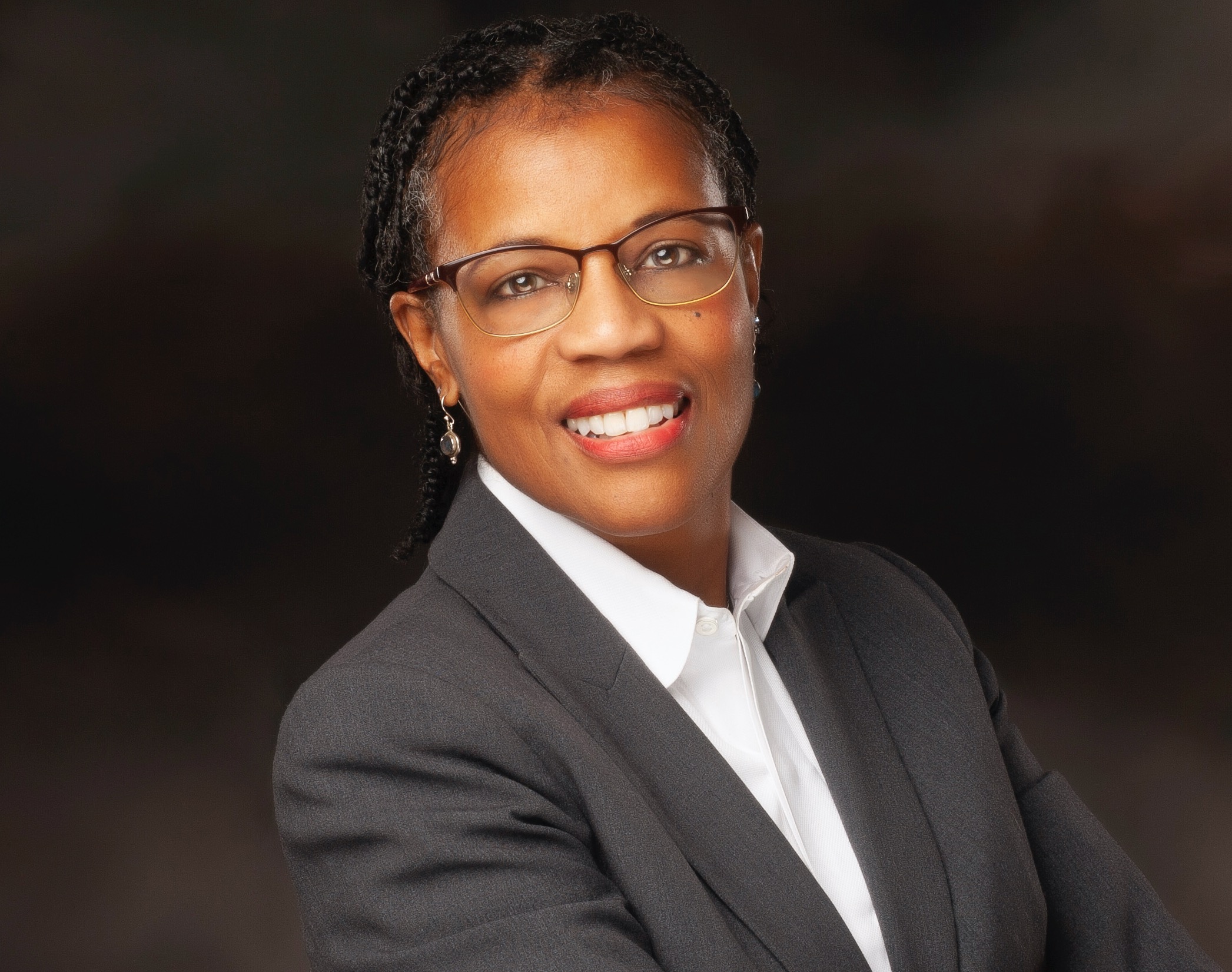 “Never Too Far” contains perspectives and insights from an inquisitive and engaged Orange County transplant from Philly. Deborah Stroman is an entrepreneur and UNC leadership professor who has seen too much and not enough, and thus continues to question and explore the thoughts and actions of humankind.
“Never Too Far” contains perspectives and insights from an inquisitive and engaged Orange County transplant from Philly. Deborah Stroman is an entrepreneur and UNC leadership professor who has seen too much and not enough, and thus continues to question and explore the thoughts and actions of humankind.

